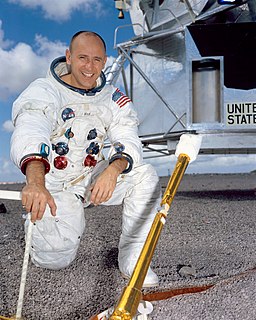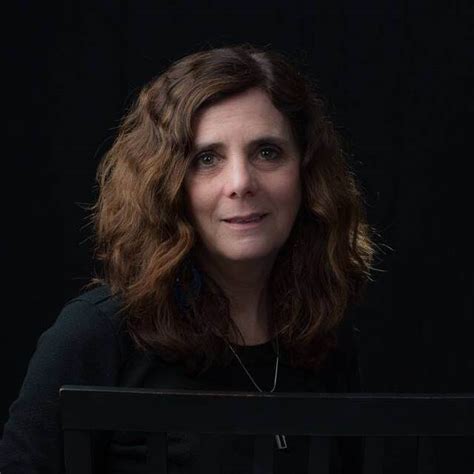A Quote by Galileo Galilei
If you could see the earth illuminated when you were in a place as dark as night, it would look to you more splendid than the moon.
Related Quotes
They were gone and I missed them but even so I was very happy. For the rest of my life no matter where on this planet earth I went and no matter how scared or confused I got, I could wait until dark and look up into the night sky and see my three friends again and my heart would swell with love of them and make me strong and clearheaded.
Perhaps I could best describe my experience of doing mathematics in terms of entering a dark mansion. You go into the first room and it's dark, completely dark. You stumble around, bumping into the furniture. Gradually, you learn where each piece of furniture is. And finally, after six months or so, you find the light switch and turn it on. Suddenly, it's all illuminated and you can see exactly where you were. Then you enter the next dark room.
If the moon and earth were not retained in their orbits by their animal force or some other equivalent, the earth would mount to the moon by a fifty-fourth part of their distance, and the moon fall towards the earth through the other fifty-three parts, and they would there meet, assuming, however, that the substance of both is of the same density.
For black people who are really dark - and a lot of black people were averse to be dark skinned - it was believed that you'd be so dark that you couldn't see them at night unless they were smiling or you could see the whites of their eyes. At one time, it was a sharp comic barb that got levelled at some people.
So, now I shall talk every night. To myself. To the moon. I shall walk, as I did tonight, jealous of my loneliness, in the blue-silver of the cold moon, shining brilliantly on the drifts of fresh-fallen snow, with the myriad sparkles. I talk to myself and look at the dark trees, blessedly neutral. So much easier than facing people, than having to look happy, invulnerable, clever.
The view of earth is spectacular from space. Most people imagine that when astronauts look out the window of the shuttle they see the whole earth like that big blue marble that was made famous by the flights that went to the moon. But the shuttle is much, much closer than those astronauts were. So we don't see the whole planet, the whole ball at once, we just see parts of it.
What was supposed to be so special about a full moon? It was only a big circle of light. And the dark of the moon was only darkness. But halfway between the two, when the moon was between the worlds of light and dark, when even the moon lived on the edge...maybe then a witch could believe in the moon.
No one, it has been said, will ever look at the Moon in the same way again. More significantly can one say that no one will ever look at the earth in the same way. Man had to free himself from earth to perceive both its diminutive place in a solar system and its inestimable value as a life -fostering planet. As earthmen, we may have taken another step into adulthood. We can see our planet earth with detachment, with tenderness, with some shame and pity, but at last also with love.
I could distinguish the shape of her bosom, her arms, her thighs, just as I remember them now, just as now, when the Moon has become that flat, remote circle, I still look for her as soon as the first sliver appears in the sky, and the more it waxes, the more clearly I imagine I can see her, her or something of her, but only her, in a hundred, a thousand different vistas, she who makes the Moon the Moon and, whenever she is full, sets the dogs to howling all night long, and me with them.




































